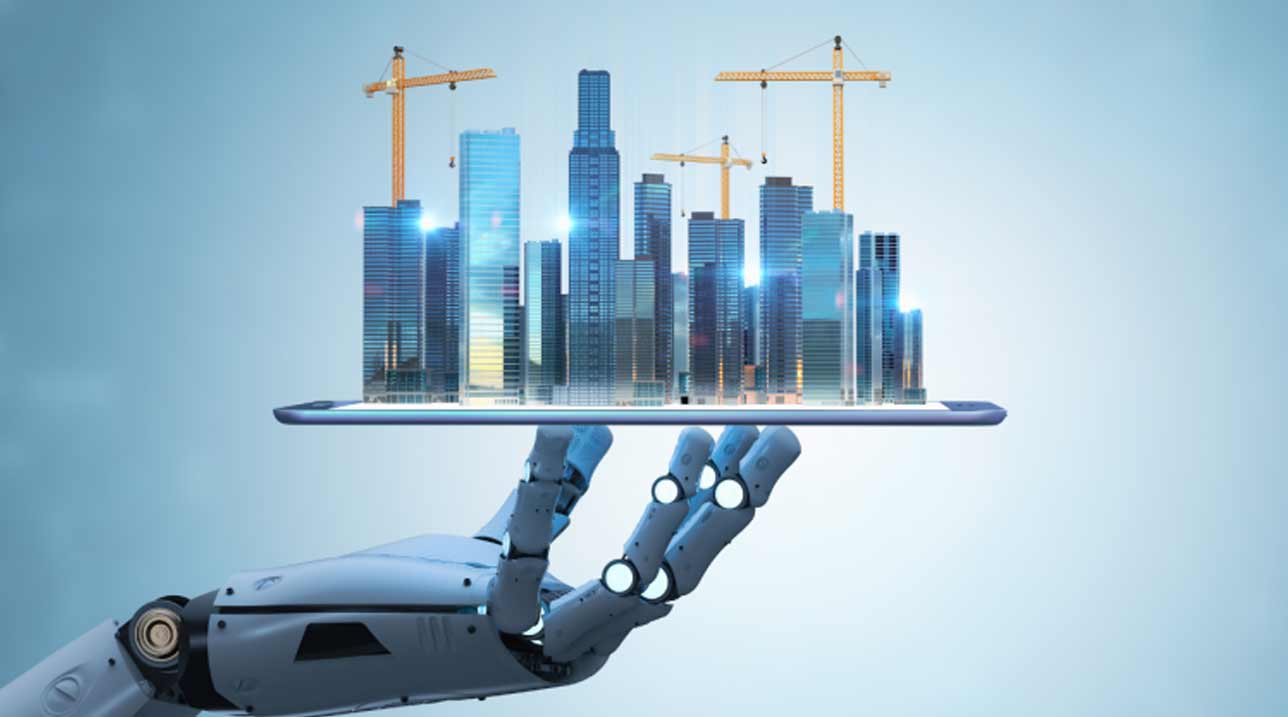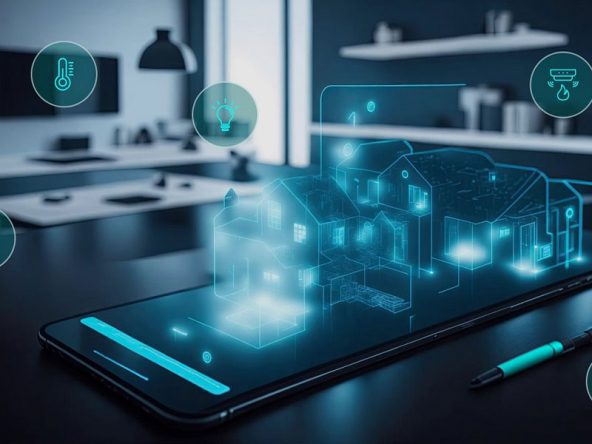For a very long time, the real estate sector was highly conservative. The working methods have been characterised by traditional manual systems, face-to-face meetings, a significant amount of paperwork, and labour-intensive tasks. The limitless possibilities of technology are, however, altering this terrain, and with that transition comes a completely new clock speed. The real estate industry in the offline world as compared to the real estate industry in the online world may mean something very different in terms of speed and sophistication.
As the industry continues to evolve, real estate developers are turning to innovative technologies to improve the way they manage, design, build, and structure their real estate projects.
As the industry continues to evolve, real estate developers are turning to innovative technologies to improve the way they manage, design, build, and structure their real estate projects.
One of the major developments in PropTech is the use of virtual reality (VR), which enables prospective buyers or tenants to take virtual tours of a property through the use of 360-degree images, videos, and 3D models. These virtual inspection technologies allow tenants and buyers to get a detailed and realistic view of the property even before they physically visit it. This gives them a much better sense of the property’s layout and condition.
In addition, virtual inspection technologies such as drones can provide detailed and accurate information about the property, including measurements and condition of the roof, walls, windows, and other structures.
For buyers living in the diaspora, virtual tours and inspection of property from the comfort of their homes can eliminate the need for them to travel to the property in order to inspect it.
Virtual inspection technologies can also be a useful tool for real property developers and sellers as it can help them showcase their property in the best possible light using high-quality images and videos that can make the property more appealing to potential buyers, as well as the use of 3D models that can help buyers to better visualize how the property would look once they move in.
Lastly, with the rise of property technology innovations, legal experts may need to analyse and interpret such technology innovations when drafting or negotiating contracts. For instance, they may need to extend the typical confidentiality clauses to confidentiality and data security to ensure that any recipient, handler, user or custodian of any sensitive personal data and information obtained using the technology innovations will maintain the same in strict confidence. Another area for consideration is that virtual property inspection may potentially affect traditional defect liability clauses.
As you can see, AI and virtual inspection technology cut across many areas of the real estate sector, and all players need to quickly harness the skills that would be required to be comfortable in a digital world.
P.S. Don’t forget to check out the November 2022 Issue of our digital magazine which has more information on how to implement the Data Protection Act, 2019 in real estate contracts.





